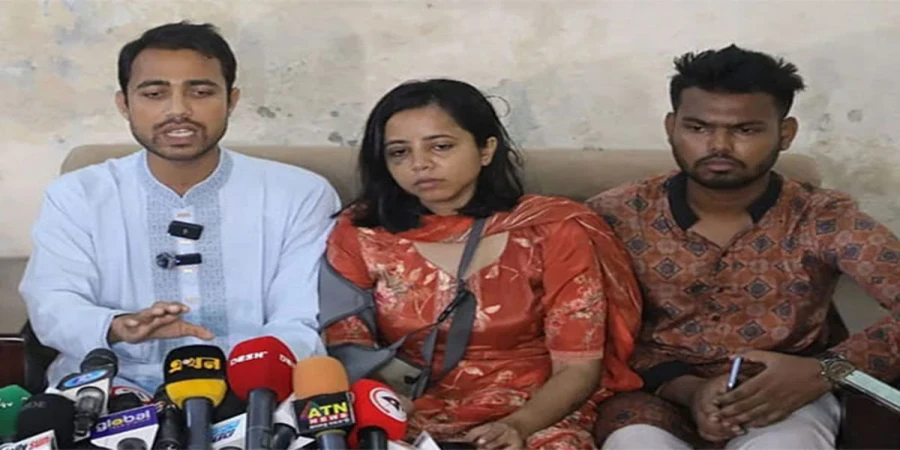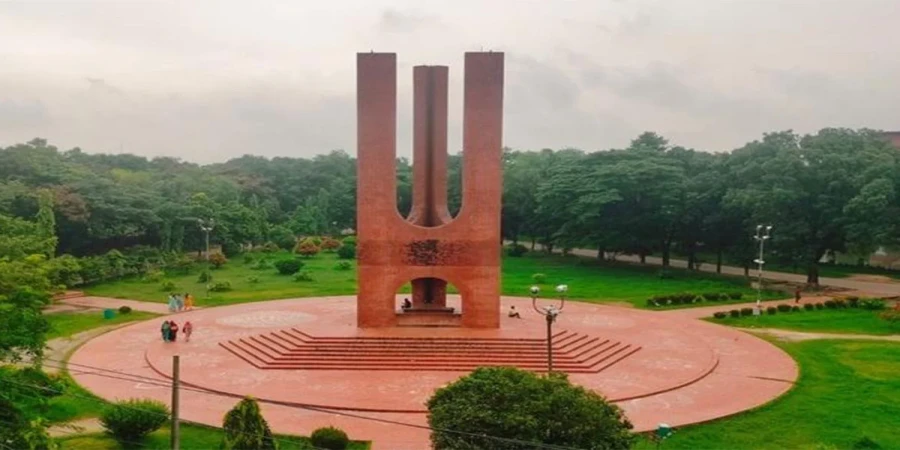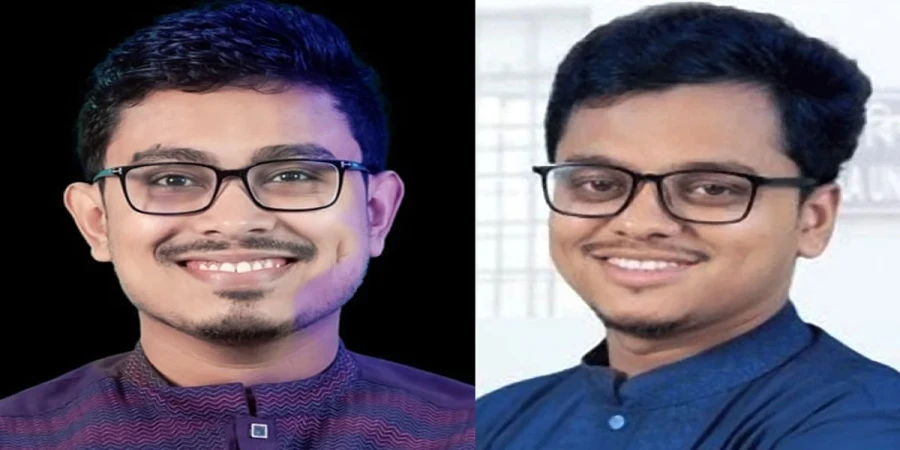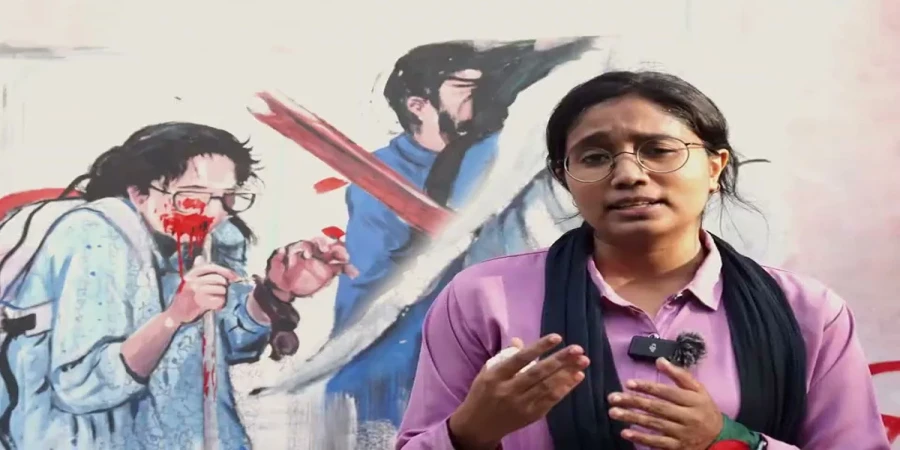
ছবি: -Collected Photo
As Dhaka University prepares for its much-discussed Central Students’ Union (Daksu) election, campaign strategies are drawing as much attention as the candidates themselves. Independent candidate Zahid Ahmad, running for Assistant General Secretary (AGS) under the Independent Student Unity Panel, has expressed both concern and optimism about how aesthetics and symbolism are shaping this year’s race.
Speaking to Desh Rupantor Online recently, Zahid remarked that the upcoming election carries a distinct weight compared to past contests. “This election, coming after the July uprising, is unlike any other Daksu election. It has its own meaning, one that we understand well. This is our chance to build a new political space that can ensure genuine progress. We cannot afford to remain trapped in the cycle of political stagnation,” he said.
Zahid, a sociology student at Dhaka University, observed that campaign strategies have shifted toward aesthetics and cultural symbolism rather than substantive issues. “It has become common to see candidates use aesthetics as a tool for outreach. In one sense, this introduces us to different dimensions of aesthetics, which is not necessarily negative. But what matters most in a candidate is their journey, their dedication, and their relevant manifesto. Aesthetics can only be a medium of communication, not a substitute for competence,” he explained.
Referring to the increasing focus on visual campaigns, Zahid pointed out how some candidates are leaning heavily on cultural cues and emotional appeal to court voters. “We are seeing candidates hide their lack of qualifications by relying solely on aesthetics, capitalizing on cultural emotion while obscuring the real questions of capability,” he noted.
One area where Zahid sees this trend most clearly is in the pursuit of women’s votes. The role of female students proved pivotal in the last Daksu election, and Zahid expects it will remain crucial this year. “From the beginning, candidates and groups have been trying various methods to attract female voters. Some are posting pictures with cats, while others present themselves as so-called ‘heroes of Bengal.’ What should have been prioritized is a women-friendly manifesto, not gimmicks. Such campaigns risk reinforcing the notion of political disengagement among women, instead of empowering them as active decision-makers,” he said.
Outlining his own vision, Zahid emphasized the need to move away from politicization and depoliticization cycles within the campus. “My manifesto centers on building a campus free from excessive party influence, where every student can grow as part of a political community. After the July uprising, there was an expectation that discussions would continue about what crises we faced, why our aspirations were not fulfilled, and how we might confront these in the future. But that dialogue never happened. We must take responsibility for July, for the martyrs. Every student should cultivate a clear understanding of those crises and develop their own stance. Ensuring this awareness is one of our foremost duties,” he explained.
For Zahid, student politics should also connect directly to solving everyday crises. “We speak about addressing students’ problems and making their lives easier. But why do we raise these issues? Because in solving these problems, students learn to take responsibility for their country and its people. If there are citizens whose lives remain harder than ours, it should be our responsibility to make those lives easier. That is how students become agents of broader social change,” he said.
Reflecting on the challenges of Bangladesh’s political culture, Zahid also addressed what he calls “tagging politics.” Having organized recent Thursday discussions on post-July politics, he argued that labeling opponents or vilifying rivals has become deeply ingrained in electoral culture, yet it damages collective progress. “We see it clearly—politics of tagging, efforts to portray rivals as villains, attempts to knock opponents down. Such tendencies obstruct collective political advancement. In our existing political culture, once someone steps into electoral politics, the mindset of competitive political psychology no longer works. This is dangerous, and we must change it,” he said.
He further added, “In the Bangladesh of tomorrow, no one should lose their human rights because of a label. Tagging cannot be allowed to rob people of their dignity or their voice.”
As campaigning intensifies, Zahid’s reflections reveal both his frustration with current trends and his aspiration for a more substantive political culture at Dhaka University. His call is clear: move beyond aesthetics, beyond symbolic posturing, and build a political community grounded in responsibility, awareness, and inclusivity.
For Zahid, the Daksu election is not merely a contest of candidates but a test of whether the student body can reimagine its role in national political progress. Whether his message resonates with voters in a campaign season dominated by images, symbols, and cultural emotion remains to be seen.
repoter






